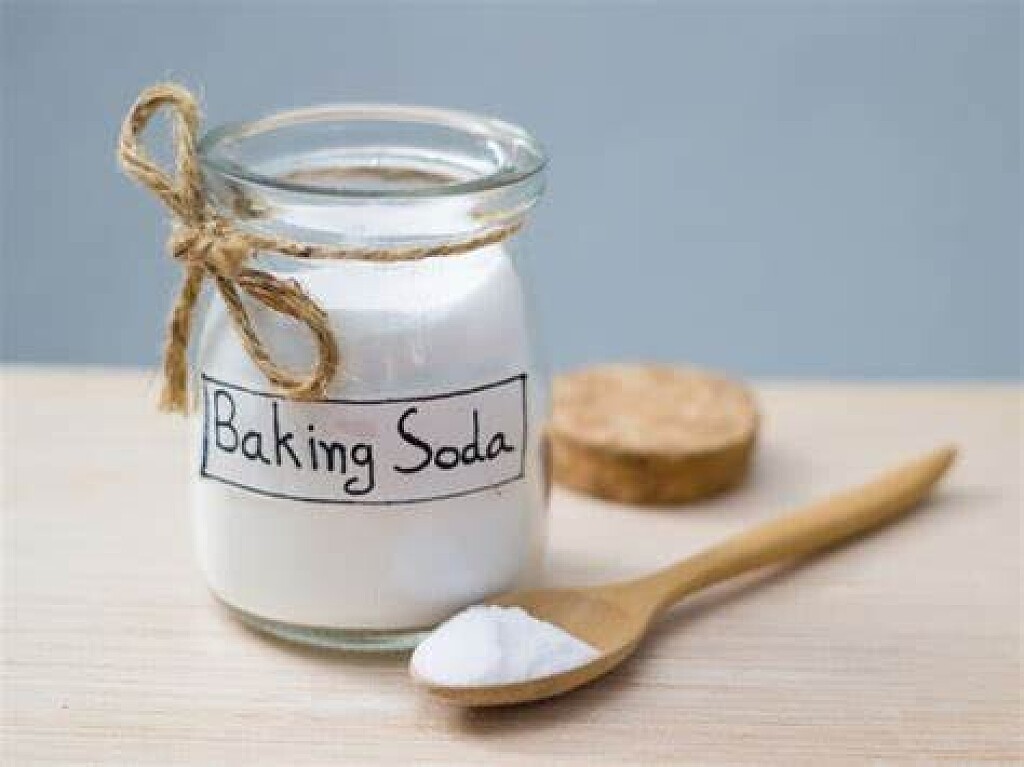Running News Daily
Running News Daily is edited by Bob Anderson. Send your news items to bob@mybestruns.com Advertising opportunities available. Train the Kenyan Way at KATA Kenya and Portugal owned and operated by Bob Anderson. Be sure to catch our movie A Long Run the movie KATA Running Camps and KATA Potato Farms - 31 now open in Kenya! https://kata.ke/
Index to Daily Posts · Sign Up For Updates · Run The World Feed
Is baking soda your next great fuelling tool?
You’re gearing up for a tough workout, and instead of grabbing your usual electrolyte drink, you’re reaching for… baking soda? It might sound like a kitchen hack gone wrong, but many endurance athletes swear by this household staple for improving performance (and the hydrogel company Maurten created an expensive product around it–more on that, below). Here’s what you need to know to help you decide whether this idea is half-baked, or if it’s the key to your next PB.
The science of sodium bicarbonate

Baking soda, or sodium bicarbonate (“bicarb” for short), has been studied for its ability to act as a buffering agent. During intense exercise, like a tempo run or hill repeats, your muscles produce lactic acid, which contributes to that dreaded “burn.” As lactic acid builds up, your muscle function declines. Sodium bicarbonate can help buffer this acid, delaying fatigue and potentially allowing you to sustain your effort for longer periods. A wide range of studies show that athletes who consume baking soda before high-intensity efforts may experience improved performance. But can it help you on those longer-distance runs? While more research is needed, some studies suggest that sodium bicarbonate might boost post-exercise recovery, with other research suggesting it may help runners speed up, even after hours of training.
Swedish sports nutrition company Maurten has created a hydrogel formula for runners that some athletes, like mountain athlete Kilian Jornet and world 5,000m and 10,000m record holder Joshua Cheptegei, swear by. Runners new to using sodium bicarbonate can adjust the hydrogel and bicarb components according to their weight and training needs.

Does it really work?
While there’s some solid science backing baking soda’s benefits, it’s not ideal for every runner. Most of the performance gains have been noted in shorter events, typically lasting between one to seven minutes of all-out effort. For distance runners, like those training for marathons or half-marathons, the impact may not be as pronounced. However, if you’re into track events or HIIT workouts, this kitchen staple could give you an easy-on-the-budget boost. The key is proper dosing (around 0.2 to 0.3 grams per kilogram of body weight) and timing–it should be taken 60 to 90 minutes before your workout or race.
Beware of side effects
Before you go dumping a spoonful of baking soda into your water bottle, be aware: it comes with potential side effects, the most common being gastrointestinal distress. Bloating, cramping or even diarrhea are possible, especially if you take too much or don’t properly dissolve it in water. If you’re interested in trying baking soda for a performance boost, make sure to test it out during training before a big race day, to avoid any unpleasant surprises mid-run.
by Keeley Milne
Login to leave a comment




